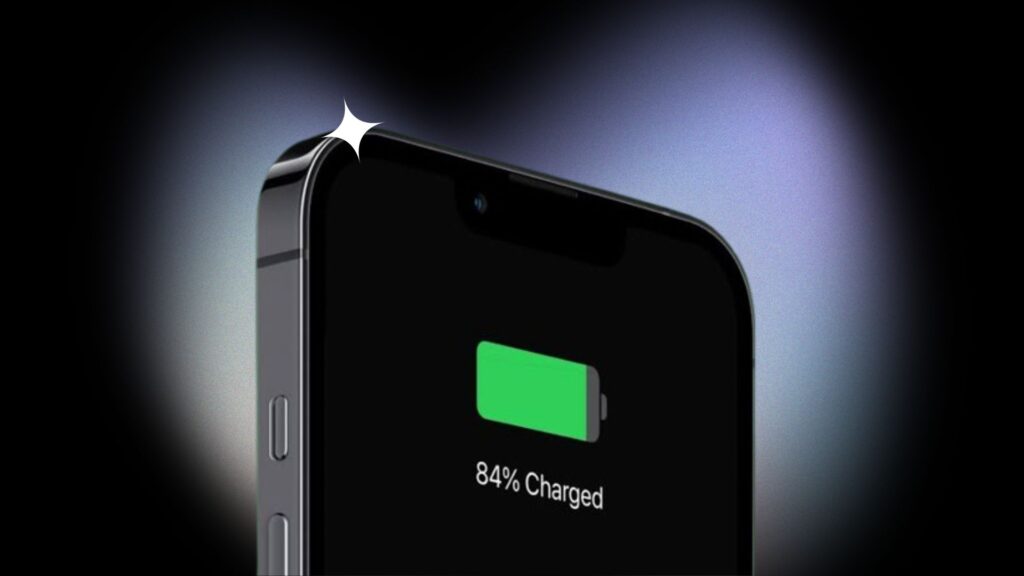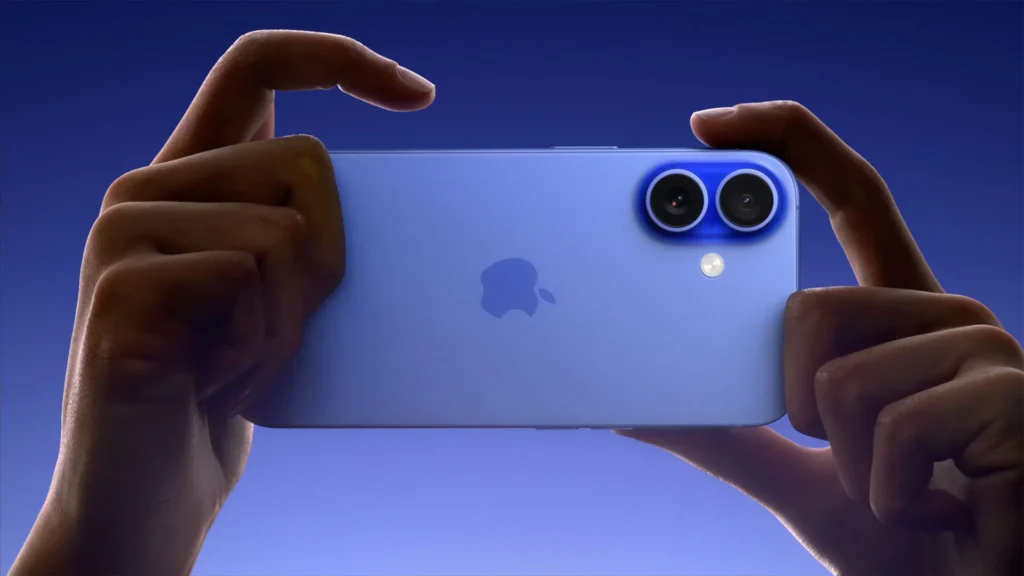Living in Nigeria means your phone isn’t just a gadget—it’s your lifeline to work, family, and the world. Yet keeping your battery alive is a constant challenge due to The Nigeria Power Crisis Reality
The first national grid collapse of 2025 occurred on 12 February at 11:34 am, cutting power to millions across key distribution zones, including Lagos, Abuja, and Kano. This isn’t an isolated incident—it’s part of Nigeria’s ongoing power challenges.
According to recent surveys, over 80% of Nigerians rely on power banks or alternative charging sources at least once a week due to unstable electricity supply. This dependency on backup power sources puts additional strain on phone batteries through frequent charging cycles, other factors such as use of uncertified chargers, and harsh environmental conditions accelerate battery degradation. This leads to shorter daily battery life and costly replacements that could have been avoided with proper battery management. For more on how to manage battery health, see Carlcare’s expert guide.
Whether you’re a student, professional, or entrepreneur, keeping your phone powered throughout the day is crucial for success. The expert tips below will help you not only improve your phone’s daily battery performance but also prolong its overall lifespan—saving you money and frustration in Nigeria’s challenging environment.
Top Phone Battery Tips to Extend Battery Life in Nigeria
1. Master Smart Charging Habits
- Avoid Full Charges and Deep Discharges: Lithium-ion batteries, which power most smartphones, don’t like being at 0% or 100% for long. Try to keep your battery between 20% and 80% for the best long-term health. Pulse Nigeria shares more battery myths and facts.
- Avoid Charging Overnight: Continuous charging after reaching 100% generates heat and strains your battery. If your phone supports “Optimized Charging,” enable it—this feature pauses charging at 80% and tops up just before you wake up.
- Use Certified Chargers Only: Counterfeit chargers are common in Nigeria and can damage your battery or pose safety risks. Always use original or reputable brand chargers.
- Charge During Stable Power Supply: Voltage fluctuations from unstable electricity can harm your battery. Charge your phone when power is steady, and use surge protectors if possible. Read more on Nigeria’s power issues.
2. Optimize Your Phone Settings
- Lower Screen Brightness or Enable Auto-Brightness: Your screen is the biggest power hog. Use auto-brightness or manually dim the display, especially indoors.
- Enable Battery Saver Mode: This reduces background activity and limits performance to extend battery life when needed.
- Turn Off Unnecessary Features: Disable Bluetooth, Wi-Fi, and GPS when not in use to prevent background battery drain.
- Use Dark Mode: If your phone has an OLED or AMOLED screen, dark mode saves battery by lighting up fewer pixels. Carlcare explains how to optimize phone settings for battery life.
3. Manage Background Apps and Notifications
- Close Background Apps: Some apps continue running and draining battery even when not in use. Check your “Battery Usage” settings to see which ones are the worst offenders and restrict them.
- Limit Push Notifications: Each notification wakes your phone and uses power. Turn off notifications for non-essential apps or increase sync intervals for email and social media.
4. Protect Your Battery from Environmental Damage
- Avoid Extreme Temperatures: Heat is especially harmful. Don’t leave your phone in direct sunlight, inside cars, or near heat sources. Cold temperatures also affect battery performance but are less common in Nigeria.
- Use Power Banks Wisely: With frequent power outages, power banks are lifesavers. But don’t rely on them for every charge—use them as a backup, not your main charging method. Pulse Nigeria reviews the best power banks for Nigerians.
5. Optimize Charging Habits for Nigeria’s Power Realities
- Charge When Power Is Stable: Unstable voltage can harm your battery. If you have a surge protector, use it. Otherwise, try to charge during periods of stable electricity.
- Don’t Use Your Phone While Charging: This generates heat and can stress the battery further—let it rest and charge faster.
6. Additional Power-Saving Techniques
- Use Airplane Mode in Poor Signal Areas: If you’re in a place with weak network, your phone works harder to find a signal, draining the battery. Switch to airplane mode if you don’t need connectivity.
- Customize Location Access: Instead of turning off GPS completely, restrict it to only the apps that really need it.
- Reduce Animations and Visual Effects: Fancy effects look nice but drain power. Disable or reduce them in your settings.
- Update Apps and Software: Updates often include battery optimizations. Don’t ignore those reminders—keeping your phone’s software fresh helps it run more efficiently.
Final Thoughts
Extending your phone’s battery life in Nigeria requires a mix of smart charging habits, optimized settings, and awareness of local power realities. By applying these practical tips, you’ll enjoy longer battery life daily and protect your device’s health in the long run. Stay powered, stay connected!
Frequently Asked Questions (FAQs)
Q: Does fast charging damage my phone battery?
A: Fast charging generates more heat, which can slightly reduce battery lifespan over time. Use fast charging sparingly and avoid charging in hot environments.
Q: Can using my phone while charging harm the battery?
A: Yes, it can cause your phone to heat up, which stresses the battery. It’s best to avoid heavy usage while charging.
Q: How do I know if my battery needs replacement?
A: Many smartphones show battery health in settings. If capacity falls below 80% after a year or two, consider replacing the battery.



